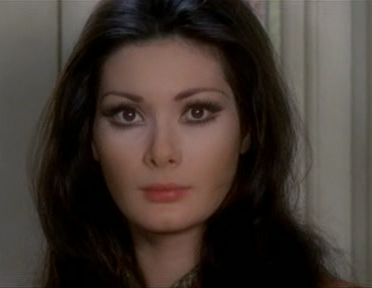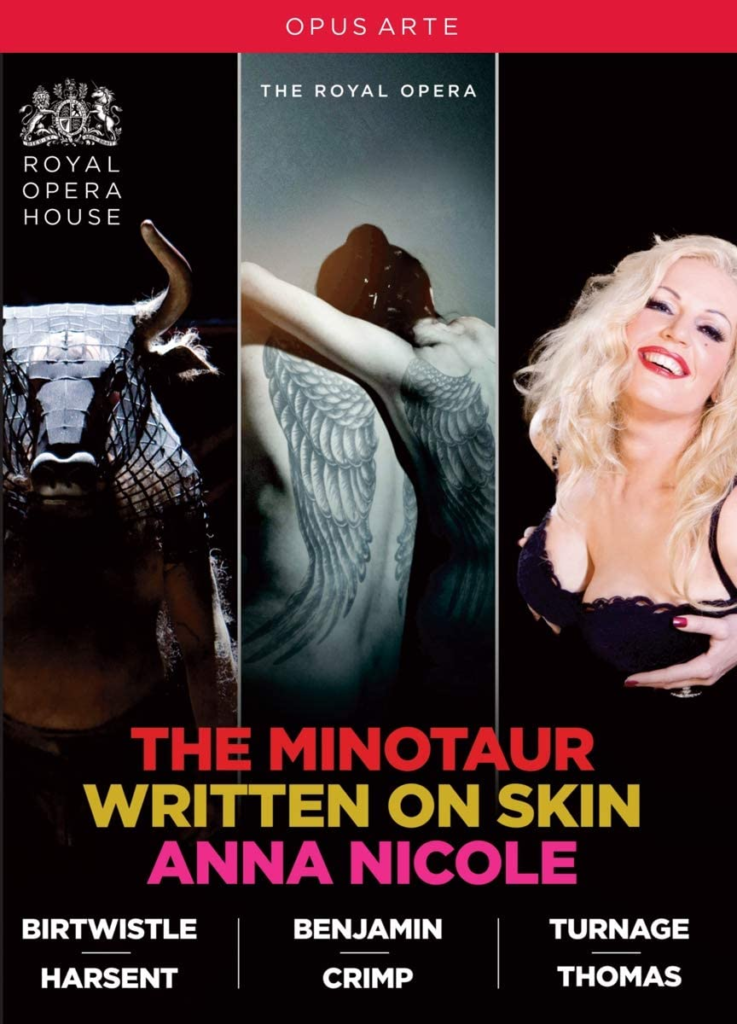I’ve been.. a week? into the final movement.
The title is stolen from the giallo film by Sergio Martino, starring the classic giallo actress Edwiga Fenech, called Your Vice is a Locked Room and Only I Have the Key. Like all giallo it’s expressionist thriller, and this title comes from a previous film of his (same year, also Ms. Fenech) where a hapless victim receives a written message saying, without context and never explained: “your vice is a locked room.” We all have our creative byways.

The choice of pilfering the title does not so much come from the narrative weight of the movie, but from the creatively discursive sentence and the visual lyricism of many of the best giallo films. I’ve gotten comfortable enough with the pairing of turntable and piano to incorporate more harmonization (of a sort) between the two. This is something I’ve struggled with from the start: getting the balance of rhythmic and harmonic synchrony without one instrument dominating the other.
And that’s what brought me to the techniques I’m focusing on in this movement. Just as there’s a lyricism–though grotesque at times–in those Italian thrillers, I am working with lyricism here in the spirit of Brahms’ violin sonatas (something I’d used as a reference point from the start) or maybe more like the neo-romantic “art songs” of the 20th century. I’ve always had a weak spot for Arthur Foote and Amy Beach.
For the past year or so I’ve been yearning to listen to more 20th/21st century operas. A few years back Lisa and I watched the Met simulcast of Saariaho’s opera L’Amour de loin in a movie theatre. I learned of her newest opera, Innocence, after reading a review in the New Yorker while working through my subscription (I’m up to August of last year!). Probably pay-walled, but it’s in the 26 Jul issue here. A video of the work is available over at Arte but there are only French subtitles to help with the Swedish, French, Spanish, German, and Greek that the characters use throughout. Ahhh, if only I was forward-thinking enough to take French in high school.

I found an article at WQXR listing what it thought were The Top 10 Operas Written in the Last 10 Years (at least, the 10 years prior to 2011 when the list came out). Several I had heard of–Stockhausen’s Sonntag aus Licht (2003) and Olga Neuwirth’s Lost Highway of the same year– and one I had actually seen–Adam’s Doctor Atomic, as a concert version live at the ASO back in 2008. The others are a mystery. I had read about Lost Highway (yes, adapting Lynch’s movie) but there are simply no video recordings of the opera itself, just a concert suite. The staging from what I’ve seen is bonkers and integral so I’ll wait for that.
Of those listed in the WQXR article, Birtwistle’s The Minotaur caught my attention most because I’ve heard his name frequently in the last couple of years. The Royal Opera House has beautiful productions of both it and Benjamin’s Written on Skin. My quick assessments to be dwelled on later: Birtwistle has the harmonic style of Saariaho and The Minotaur brings a psychological and visual weight to the myth. Benjamin’s harmonies are in a way more traditional, but that is a very crude way to put it. The production and story for Written on Skin were stunning. The brief 90 minute runtime worked for what it had to say, but there was still great depth.
I remember when Turnage’s Anna Nicole came out: it was not so much scandalous as befuddling. There are many videos on YouTube of arias from the opera and they reveal a Weill-like pastiche of pop and modern classical. With lots (lots) of trashy scenes. Not watched yet but it’ll at least be interesting.